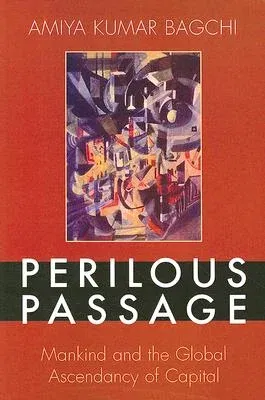In this innovative and ambitious global history, distinguished economic
historian Amiya Kumar Bagchi critically analyzes the processes leading
to the rise of the West since the sixteenth century to its current
position as the most prosperous and powerful group of nations in the
world. Integrating the history of armed conflict with the history of
competition for trade, investment, and markets, Bagchi explores the
human consequences for people both within and outside the region. He
characterizes the emergence and operation of capitalism as a system
driven by wars over resources and markets rather than one that genuinely
operates on the principle of free markets. In tracing this history, he
also charts what happened to the people who came under its sway during
the last five centuries. Bagchi thus broadens our understanding of the
nature and history of capitalism and challenges the fetishism of
commodities that limits the perspective of most economic historians. The
book also challenges the Eurocentrism that still underlies the
conceptual framework of many mainstream historians, joining earlier
narratives that chronicle the history of human beings as living persons
rather than as puppets serving the abstract cause of "economic growth."
His unflinching examination of the human costs of development-not only
in the colonial periphery but in the core nations-includes not only
economic processes and issues of inequality within and among nations but
also the intertwining of economics and war-making on a world scale. The
book also contributes to our knowledge of how and in what sequence human
health has been shaped by public health care, sanitation, modern
medicine, income levels and nutrition. Written with extraordinary range
and depth, Perilous Passage will change the ways in which we think about
many of the largest issues in world history and development.


